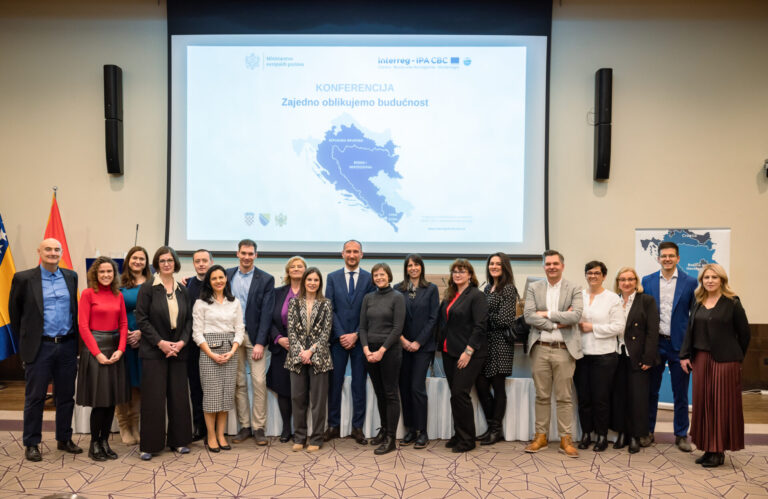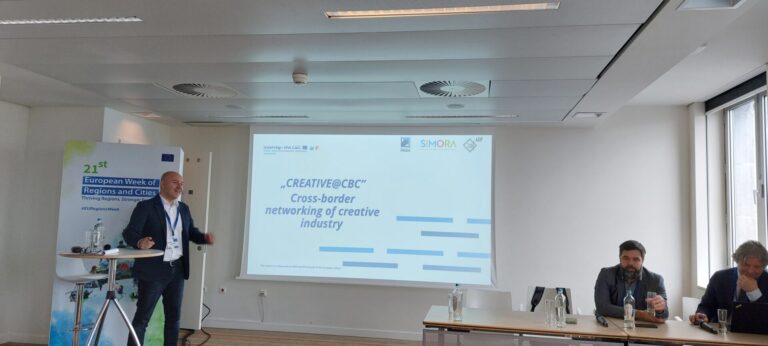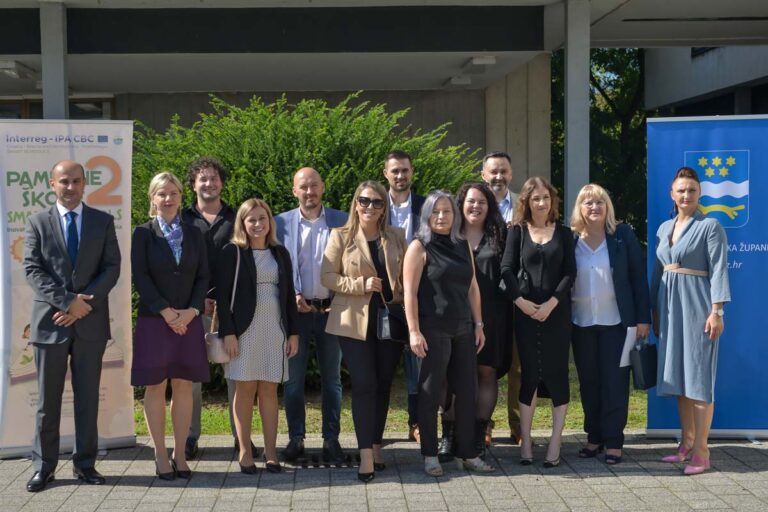After 27 months, the SMART SCHOOLS project finished their goal to raise energy efficiency in public schools of Brod-Posavina County in Croatia and Tuzla Canton in Bosnia and Herzegovina. The partnership showcased their achievements in a promotional video.
The SMART SCHOOLS project introduced energy efficient investments and renewable energy sources to public schools in the cross-border area of Croatia and Bosnia and Herzegovina. The partnership’s idea is to increase school capacities in the field of energy management, raise awareness on energy efficiency, especially among young people, and present new and innovative approaches to save energy.
Five partners – Association Centre for Development and Support (Bosnia and Herzegovina), Green Action (Croatia), Brod-Posavina County (Croatia), Tuzla Canton (Bosnia and Herzegovina) and Brod Ecological Society – BED (Croatia) – made sure that goals of the SMART SCHOOLS project were fully realized, and with added value. In addition to investments, partners organized an energy saving competition between schools, a Youth Innovators’ Camp and a solar festival. SMART SCHOOLS contributed to a cleaner environment and provided better opportunities to live, work and study in Croatia’s and Bosnia and Herzegovina’s cross-border area.
SMART SCHOOLS’ main achievements:
- Energy reconstruction of 7 schools in Brod-Posavina County and Tuzla Canton.
- Participation of 105 primary and high schools with more than 38.ooo students and school staff in an energy saving competition.
- Training 42 energy managers in schools.
- Mentoring 19 young innovators.
Find more info about SMART SCHOOLS on their project profile.
The SMART SCHOOLS project is implemented by five partners from Croatia and Bosnia and Herzegovina within the Programme Priority Axis 2: Protecting the environment and biodiversity, improving risk prevention and promoting sustainable energy and energy efficiency. The total budget of the project is 1.644.127,82 EUR and the total EU co-financing is 1.395.864,49 EUR of ERDF and IPA II funds. The project started on 1 June 2017 and finished on 31 August 2019.


